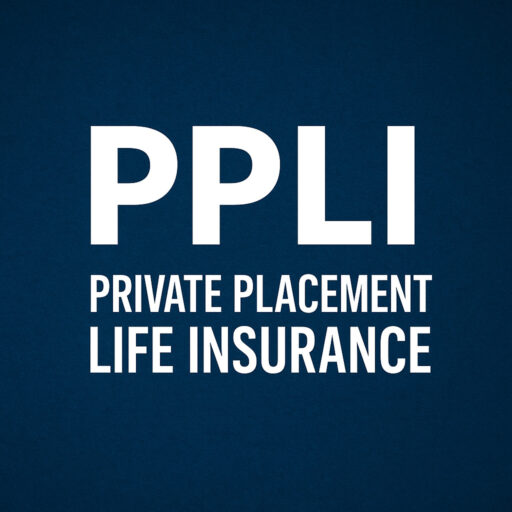Solid Oak Insurance PCC Limited is a Seychelles-registered life insurer with a Barbados subsidiary, focused on private placement life insurance (PPLI) for high-net-worth clients.
Its offering provides flexible investment-linked policies but comes with high minimums, offshore regulatory exposure, and reliance on intermediaries.
This review focuses on how Solid Oak’s PPLI structures work, what the general entry minimums are, how claims are handled, and whether the benefits justify the costs for high-net-worth clients.
My contact details are hello@adamfayed.com and WhatsApp +44-7393-450-837 if you have any questions.
The information in this article is for general guidance only. It does not constitute financial, legal, or tax advice, and is not a recommendation or solicitation to invest. Some facts may have changed since the time of writing.

What is PPL insurance?
Private Placement Life Insurance is a bespoke life insurance contract that packages investment exposure inside an insurance wrapper for tax efficiency, estate planning, and wealth-transfer purposes.
Solid Oak’s Structured Insurance segment provides life insurance on a private-placement basis, i.e., PPLI-style solutions offered through intermediaries rather than retail channels.
What is the minimum for private placement life insurance?
Industry practice for PPLI is that minimum premium commitments are typically significant, usually entering in the high-six to seven-figure range.
Onboarding is handled via regulated intermediaries who can confirm suitability and exact thresholds for each case.
Solid Oak Insurance PPLI Overview
Solid Oak’s policies function as investment-linked insurance contracts, where policyholders can allocate premiums into hedge funds, private equity, credit, and other alternatives.
Unlike traditional life insurance, which focuses on death benefits, PPLI emphasizes:
- Tax-deferral or exemption depending on jurisdiction
- Intergenerational wealth transfer
- Custom investment access beyond typical retail products
Solid Oak Insurance PPLI Claims

Solid Oak operates under Seychelles and Barbados insurance licenses and states it serves policyholders globally through regulated intermediaries.
Claims under private placement life policies follow the contract terms and the insurer’s administration processes.
Since policies are bespoke, claim and administration mechanics are handled case-by-case in coordination with trustees, intermediaries or family offices.
Can you borrow against PPLI?
Generally, many life-insurance wrappers, including PPLI, permit policy loans or withdrawals against cash value, subject to policy terms.
Whether and how much you can borrow is determined by the individual policy contract with Solid Oak Insurance, investment structure, and the administering trustee or manager.
Ask your intermediary for policy loan mechanics before committing.
Is PPLI worth it?
Solid Oak Insurance PPLI can be a powerful tool for tax efficiency, estate planning, and access to alternative investments, but it’s not for everyone.
For families and investors with large illiquid portfolios who need bespoke wealth-transfer strategies and are comfortable with complexity, PPLI-style policies from a provider like Solid Oak can make sense.
For smaller portfolios, simpler insurance or investment wrappers will usually be more appropriate.
Solid Oak positions itself to service the former group via intermediaries.
Private placement life insurance risks
- High entry and ongoing costs — legal, setup, and administration expenses.
- Complexity — requires coordinated tax, legal, and investment advice.
- Illiquidity — underlying alternative assets and policy mechanics can limit cash access.
- Regulatory & tax variability — benefits depend on your domicile’s tax rules and reporting regimes (FATCA/CRS).
- Insurer risk — policy value depends on insurer solvency and governance.
Pained by financial indecision?

Adam is an internationally recognised author on financial matters with over 830million answer views on Quora, a widely sold book on Amazon, and a contributor on Forbes.



